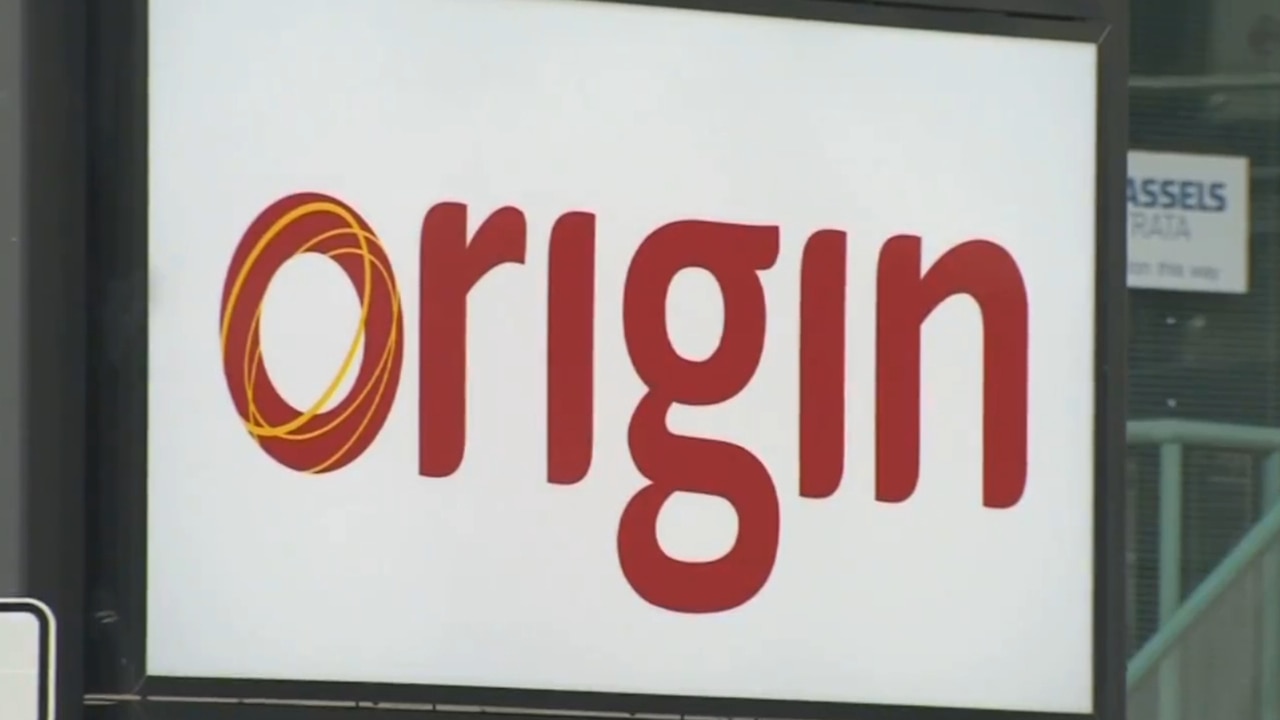Brookfield warns it has other options after Origin Energy deal fails
Brookfield says it could walk away from Origin after its plans generated significant interest from similar businesses around the world seeking capital to accelerating energy transition.

Brookfield has warned it could turn its attention to a plethora of other companies keen for a partner to help fund an accelerated energy transition after its near-$20bn deal for Origin collapsed.
In thinly veiled comments after its $9.39 a share offer failed, Connor Teskey, chief executive for Brookfield Renewable, said the private equity giant had received numerous approaches.
“We are seeing plentiful opportunities to deploy capital at or above our target returns, as demand for clean power from corporations continues to accelerate and access to capital is becoming increasingly scarce for some market participants. We remain confident that we will deploy at least $7bn to $8bn of equity capital into growth over the next five years, consistent with our targets,” said Mr Teskey.
“Our plan to accelerate the transition of Origin has generated significant interest from similar businesses around the world, who are seeking a capital and operating partner to enhance the value of their businesses by accelerating their transition.”
The comments underscore Brookfield’s stance that it could now walk away from its 13-month pursuit of Origin after it failed to receive sufficient support for its $9.39 a share offer.
Just shy of 69 per cent of Origin shareholders approved the transaction, below the 75 per cent needed.
Luke Edwards, head of renewables for Brookfield in Australia, last week warned the company would first evaluate the impact of an Australian government intervention designed to accelerate the deployment of renewable energy in Australia before reviving its interest in Origin.
The government has proposed to implement a model for renewables that guarantees taxpayers compensate a developer when the wholesale electricity price falls to low levels, in exchange for projects paying the government in the event prices exceed a maximum threshold.
The scheme has been widely interpreted as having a detrimental impact on the likes of Origin, and shares in AGL Energy have fallen nearly 10 per cent since the government announced its expanded Capacity Investment Scheme.
The Origin deal, Brookfield’s signature transition investment, had won the support of Australian regulators after it pledged to spend $20bn-$30bn on new renewable energy generation and storage.
The collapse of the Brookfield deal now leaves Origin under pressure to detail how it plans to fund its proposed 5GW of new renewable energy capacity.
Origin has so far committed to a $600m, 460MW battery at its soon-to-be retired Eraring coal power station, and work on other projects remains under way.
RBC Capital Markets analyst Gordon Ramsay said Origin would be challenged to develop its pipeline.
“We estimate it could cost approximately $8bn for Origin’s new suite of generation assets to replace the electricity produced by Eraring in FY23, without consideration for the balance of plant or the available transmission line capacity. We see Origin partly offsetting this risk through its capital-light transition strategy,” said Mr Ramsay.








To join the conversation, please log in. Don't have an account? Register
Join the conversation, you are commenting as Logout